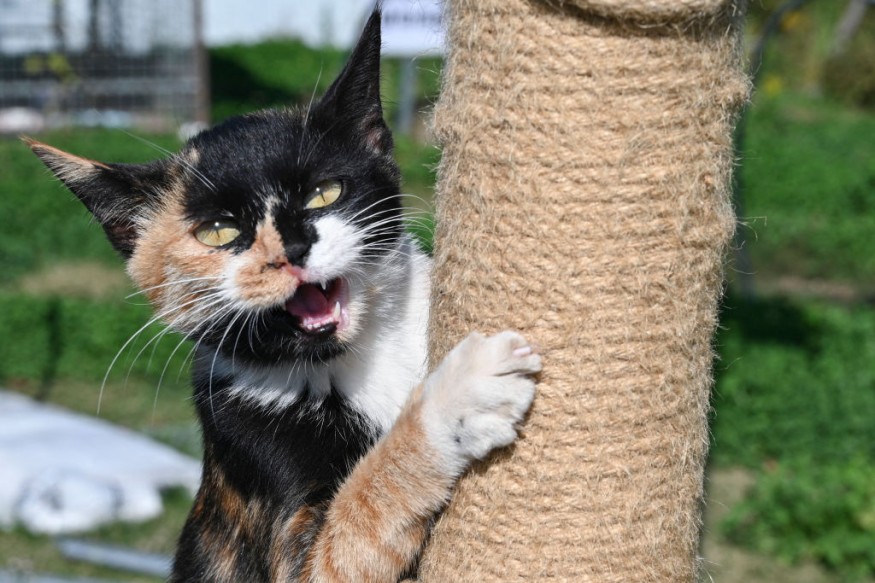
Housecats are adorable and lovable companions, but they can also pose a serious threat to native wildlife.
According to a study by the University of Queensland, domestic cats kill an estimated 230 million native animals every year in Australia.
This includes birds, mammals, reptiles, amphibians, and insects. Some of these species are endangered or vulnerable, and their populations are already declining due to habitat loss, climate change, and invasive predators.
As pet owners, we have a responsibility to protect our furry friends and the environment they live in. Here are some tips on how to prevent your cat from harming native fauna, and how to make your cat happier and healthier in the process.
Keep Your Cat Indoors or in a Secure Enclosure
The most effective way to protect native fauna from housecats is to keep them indoors or in a secure enclosure.
This way, you can prevent your cat from roaming, hunting, and spreading diseases to wildlife. Indoor cats are also safer from traffic, dogs, snakes, and other dangers.
If you choose to keep your cat indoors, make sure to provide them with enough stimulation, exercise, and enrichment.
You can do this by playing with them regularly, providing them with toys, scratching posts, and hiding places, and giving them access to windows or balconies where they can watch the outside world.
You can also train your cat to walk on a leash or harness and take them outside under your supervision.
If you want to give your cat more freedom and space, you can build or buy a secure outdoor enclosure or cat run.
This is a fenced area that is attached to your house or garden, where your cat can enjoy the fresh air and sunshine without escaping or harming wildlife.
You can make the enclosure more comfortable and fun for your cat by adding plants, platforms, tunnels, and hammocks.
Desex and Microchip Your Cat
Another important step to protect native fauna from housecats is to desex and microchip your cat.
Desexing your cat means surgically removing their reproductive organs, which prevents them from breeding and producing unwanted kittens.
This reduces the number of stray and feral cats, which are a major source of predation and disease for native wildlife.
Desexing your cat also has many benefits for their health and behavior. Desexed cats are less likely to roam, fight, spray, and get injured or infected. They are also less prone to certain cancers and diseases and tend to live longer and happier lives.
Microchipping your cat means to implant a small electronic device under their skin, which contains a unique identification number. This helps you to find your cat if they ever get lost or stolen and to prove that they are your property.
It is also a legal requirement in some areas, and can help you to comply with local regulations and avoid fines.
Educate Yourself and Others
The final tip to protect native fauna from housecats is to educate yourself and others about the issue.
You can learn more about the impact of cats on wildlife, and the best practices to manage them, by reading books, articles, websites, and brochures from reputable sources.
You can also join or support organizations that work to conserve native fauna and promote responsible pet ownership.
Spread the word and raise awareness among your family, friends, neighbors, and community.
Moreover, share your knowledge and experience, and encourage them to follow the same tips as you. You can also set an example by showing them how happy and healthy your cat is, and how much you care for the environment.
By following these tips, you can protect native fauna from housecats, and make a positive difference for both your pet and the planet.
© 2025 NatureWorldNews.com All rights reserved. Do not reproduce without permission.





